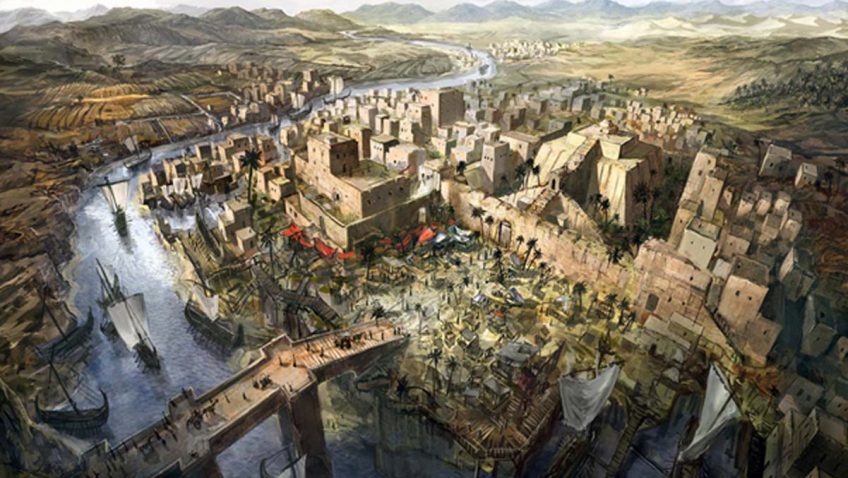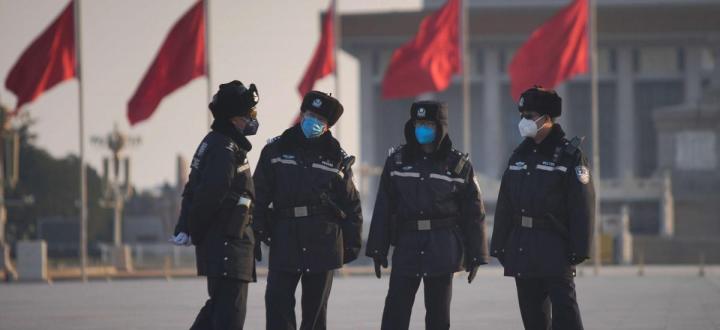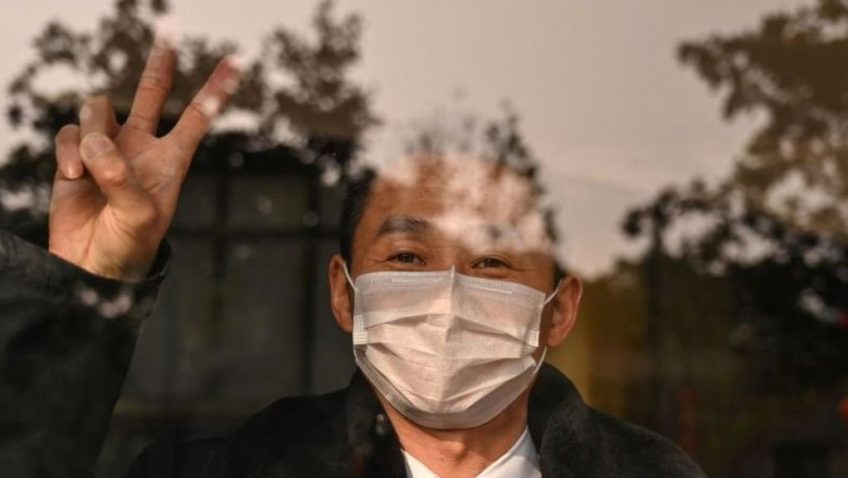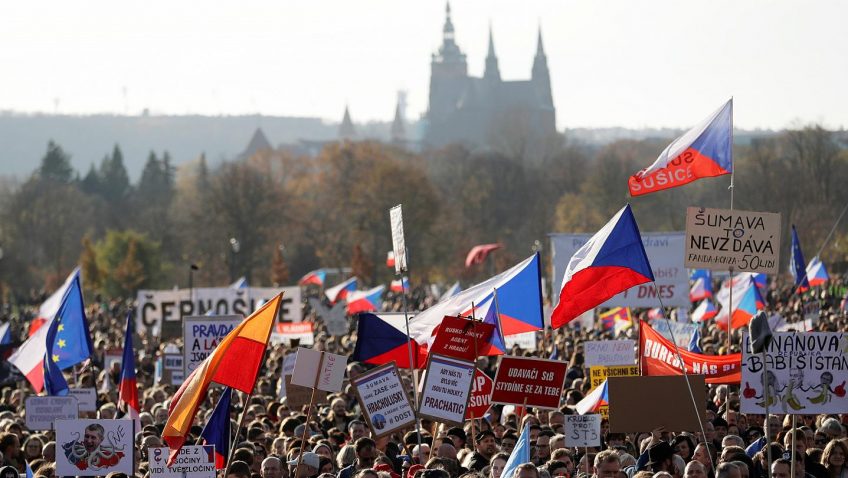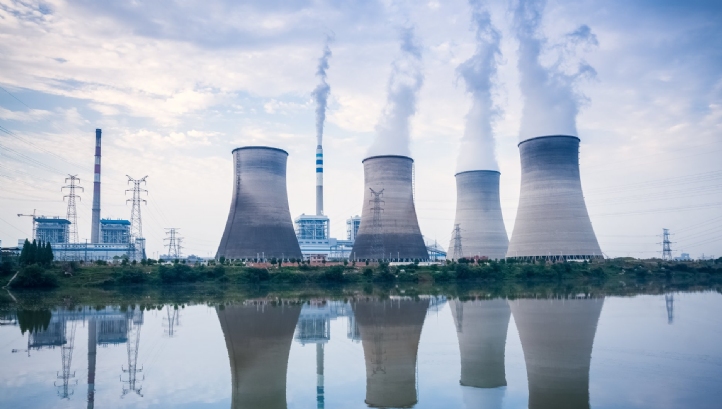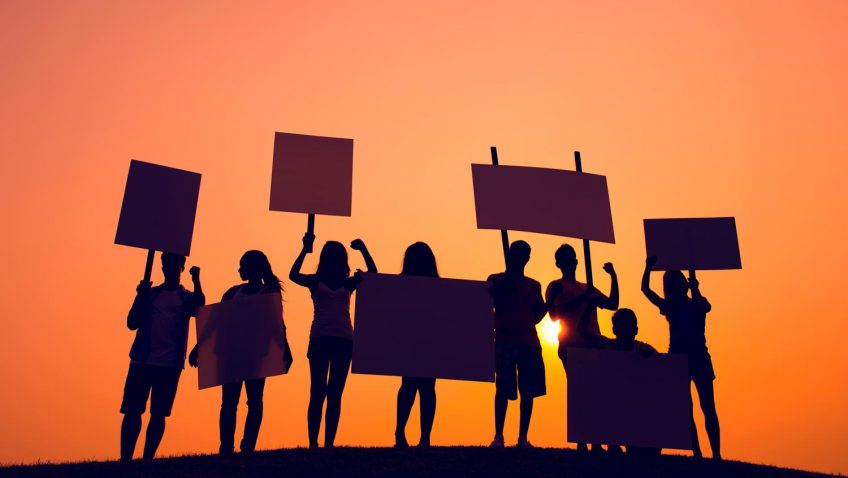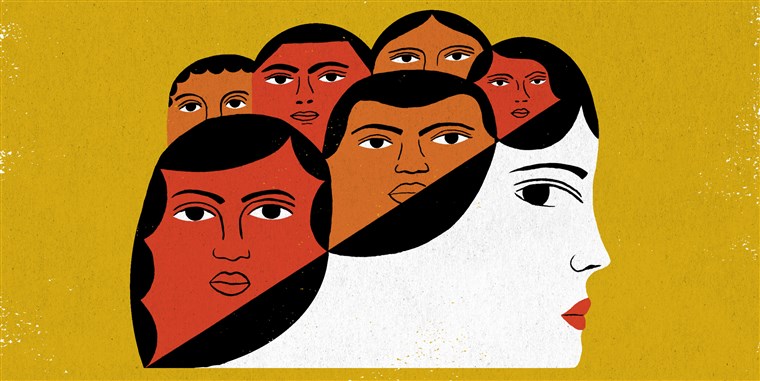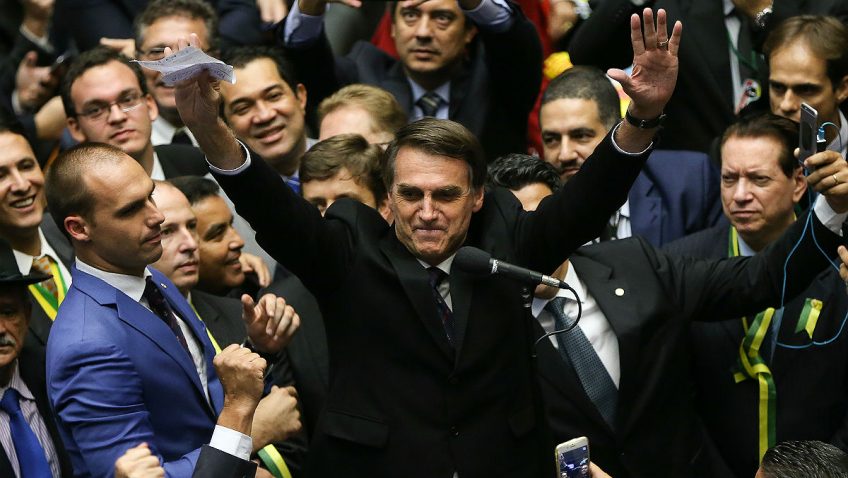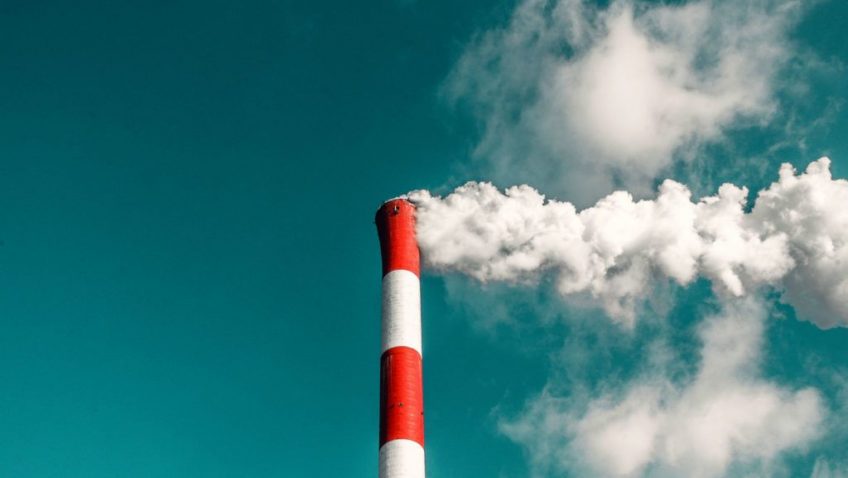With the rapid spread of the Corona virus, the entire world just turned upside down within weeks. It has led to tremendous suffering and affected not just a group of people but in some way everyone. What it has also led to, however, are powerful actions of solidarity, the feeling that you can make an impact together, creative thinking and a wave of digitalisation. In this article I would like to demonstrate how these have come together and give hope to what comes after the crisis. I will end by highlighting that our task is now to keep the positive spirit, but also to make the change inclusive and open to everyone.
NEW FORMS OF COLLABORATION AND MAKING AN IMPACT
To give an example for the emerging digital opportunities: in mid-March, the German Federal Government called out to all interested individuals to work on solutions tackling the current challenges in society, politics and business. Over 40,000 people registered for the hackathon, came together remotely for 48 hours and developed various ideas on how to support the health care system, facilitate homeschooling, help small businesses, and much more. Only two weeks later, the WHO organized a global hackathon. These have demonstrated how much people can achieve in just a short amount of time, how strong the desire to make an impact is, and how many people can inspire with innovative ideas. In moments like these, you can bring those elements together and make a change. Hopefully, this spirit will last, and one can draw from its energy also later when facing other issues like climate change or inequalities.
CONNECTIONS AND OPENNESS
At the same time, while social distancing becomes part of our lives, it doesn’t feel like distancing at all. People have found ways to connect and stay in touch across the world. Technology and platforms like Microsoft Teams, Zoom or Slack have made it possible to meet remotely. More and more meetups, conferences and other events have gone virtual and are now open to a far wider audience than ever before. It does come with challenges – how do you network just through a camera, how do you make yourself heard when you have a question in a webinar with over 200 people – but it does open doors, as well. Because you get to discover new events, get to speak to people from other disciplines or countries, and get to be exposed to a whole new range of ideas and perspectives. A new kind of openness seems to be coming with it, too. People are sharing their daily routines, pictures of their home offices, or just random thoughts they have on their minds. These are just a few of the examples that illustrate a deepening openness and the opportunities to connect even when being physically apart.
NEED FOR INCLUSION
Nevertheless, while these changes feel exciting, one needs to ensure that everyone can take part in them. There are still many people without access to computers, who lack the digital know-how or where technology is not yet accessible enough to include everyone. Digitalisation will offer some new opportunities by making it easier to connect with others, to have access to knowledge and learning resources and by developing accessibility features like text-to-speech or speech recognition. Initiatives supporting digital literacy and working on improving technology are needed more than ever and should be supported, as well. Given the innovation, connections, perspectives and openness, there is a lot coming in the future. Now we must make sure to leverage this energy and to make the digital future inclusive and equal.
For reference:
https://covid-global-hackathon.devpost.com/
Photo by Federico Beccari on Unsplash.com


